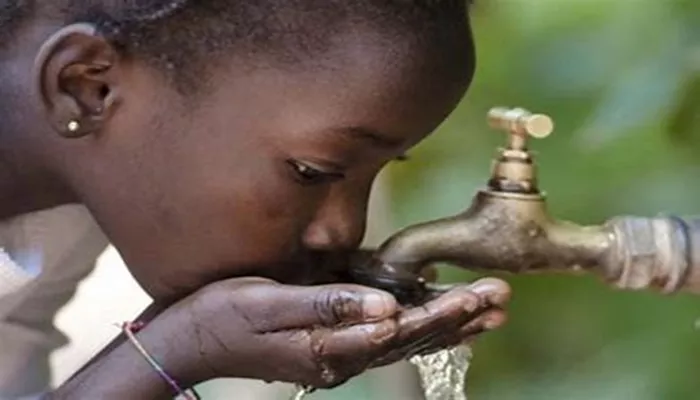A new study shows that clean water and good sanitation are the best ways to control cholera. Cholera is a dangerous disease that spreads through dirty water. It causes severe diarrhea and can kill within hours if not treated. The study confirms that improving water and sanitation systems saves lives, especially in places where cholera is common.
Cholera often affects poor communities with limited access to clean water. Contaminated water sources, poor sewage systems, and overcrowding help the disease spread. Researchers found that when communities have safe drinking water and proper toilets, cholera cases drop sharply. Vaccines help, but they are not enough alone. Long-term solutions must include clean water for everyone.
Women and children are most at risk. They often collect water from unsafe sources. They also care for sick family members, exposing them to infection. Better water access protects their health and reduces their workload.
Governments and health groups must invest in water and sanitation projects. Simple steps like building wells, water filters, and toilets can prevent outbreaks. Public education on hygiene is also important. Teaching people to wash hands and store water safely helps stop cholera.
The study reminds us that cholera is not just a health issue—it is a sign of inequality. Ending cholera requires clean water for all. This will save lives and improve health, especially for women and children in vulnerable communities.
Related topics:
- Scientists Discover New Cancer Detection Method: Tracking How Cells Move Could Save Lives
- New Hope for Achondroplasia: Breakthrough Treatments Transforming Lives
- Clean Water and Sanitation Key to Stopping Cholera Outbreaks, Study Finds

